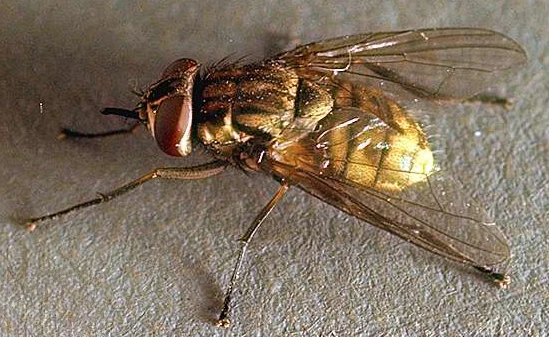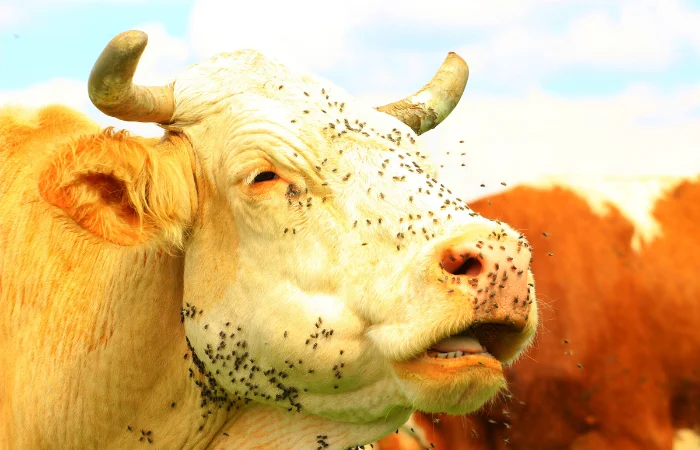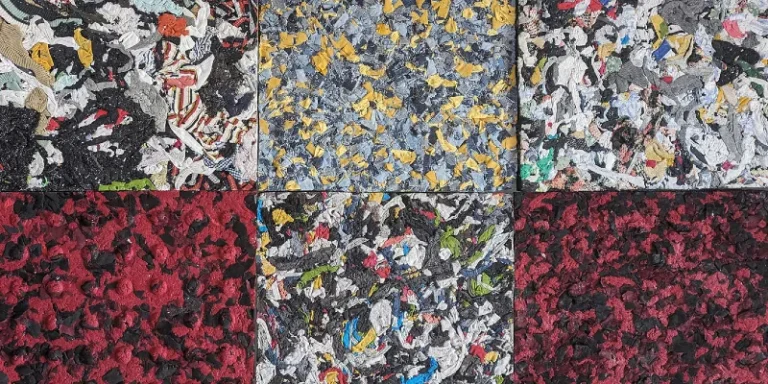During summer months, cattle are often plagued by persistent flies, causing them to cluster together uncomfortably. This not only leads to reduced feeding but also increases stress and discomfort among the herd. Traditionally, beef producers have had limited and increasingly ineffective options due to the development of resistance to common insecticides.
Recognizing this issue, Dave Boxler, a Nebraska Extension entomologist, embarked on a 15-year collaboration to develop an organic insecticide that poses no threat to beneficial insects like honeybees or bumblebees.
This new solution is based on two fatty acids derived from palm oil, marking a significant shift towards eco-friendly pest control.
This breakthrough is particularly beneficial for organic producers who have few effective options for fly control, and for conventional producers seeking safer alternatives for people, animals, and the environment.
Field trials demonstrated the insecticide’s dual effectiveness: repelling flies and killing them upon contact. This was an unexpected but welcome feature, as it provided an added layer of protection for the cattle.

The study detailing this development is published in the journal Pest Management Science. The research team’s previous success with a similar insecticide for horses, EcoVet, which is EPA-approved and available nationwide, underscores their expertise in this field. The current focus is on securing EPA approval for the cattle-specific formulation. Future studies aim to optimize the concentration levels while maintaining efficacy.
The Limitations of Current Insecticides in Cattle Fly Control
The battle against cattle-pestering flies has been primarily waged using conventional insecticides, with permethrin being a commonly used agent. However, these insecticides, mainly pyrethroids, can be problematic, particularly due to the ever-growing resistance among fly populations.
Reports from various locations in the United States and Brazil indicate that stable flies, the primary culprits in cattle distress, are developing resistance to these insecticides. This resistance is attributed to the over-dependence on a single group of insecticides, leading to a diminished effectiveness over time.

Furthermore, the mode of action of these insecticides, involving sodium channel modulation, raises questions about their long-term sustainability and safety.
In contrast, the new organic alternative being researched offers a promising solution. It leverages a combination of coconut oil fatty acids and traps with m-cresol lures, presenting an innovative “push-pull” strategy.
This approach not only targets the flies more effectively but also reduces reliance on potentially harmful chemicals, making it a safer option for cattle, humans, and the environment.
More To Discover
- Greenwash Update: Checking In On Coca-Cola and Starbucks’ Previous Environmental Claims
- The Push to Grant Nature Legal Rights Just Took A Huge Step Forward In Panama
- How The Propane Industry Spent $30M On A Greenwashing Campaign To Rebrand Itself As Sustainable
- Indonesia Imposes $310M in Fines on Palm Oil Companies for Illegal Forest Operations
This shift towards organic and more targeted solutions signifies a crucial step in sustainable livestock management, offering a beacon of hope for effective and environmentally conscious pest control.
Source: Pest Management Science















